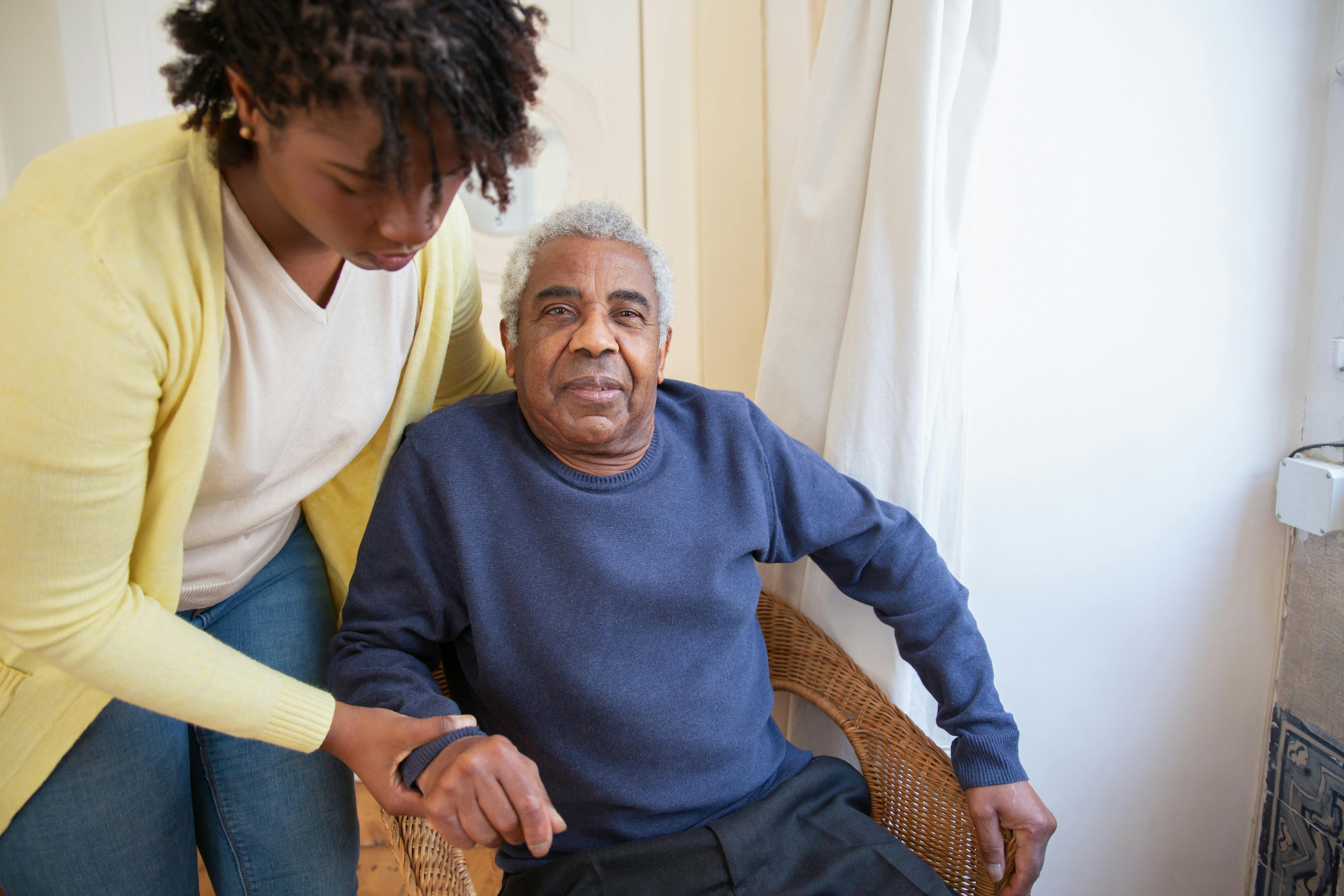Caregivers advocate for patients in group facilities and hospitals

Generational shifts in living arrangements will bring more opportunities for caregivers to accompany families
From college dorm rooms, to intentional community housing situations, to the classic retirement home model, people of all ages are continuously re-discovering what it means to live in a community. In a previous blog we explored how Qualicare’s senior care franchise owners help new generations of aging parents live independently, and maintain healthy relationships with their children. Hiring a Qualicare caregiver to accompany an aging parent who lives alone through their twilight years is a powerful element of our business. But equally important, is the way our caregivers accompany individuals who live at group facilities, and provide additional care when patients are hospitalized.
Today’s blog explores how Qualicare is helping aid the new generation of seniors and their families, by providing caregivers who are also advocates to their clients, no matter where they live.
Qualicare will be there as living situations evolve?
There are currently 26 million Americans over 50 who live alone. According to this New York Times article, imagining new shared living situations is one of the ways the Generation X age cohort is planning their twilight years. This shift could be due to the heightened attention to social isolation brought on by the coronavirus pandemic, or more research on the topic of the adverse health impacts of living alone.
But whether trends in the future see seniors living more communally, or enjoying staying in their homes, Qualicare’s 360 degree model of care will be there to advocate for our patients’ good health and well-being. In fact, Linda Larson, a Nurse Manager at Qualicare San Diego and Qualicare’s home office, says, “if you are our patient, you are our patient, no matter where you live.” Larson says that if her patient is in the hospital or a facility, she and her staff act as if it were their grandmother. “For us, it’s personal.”
Accompanying clients through assisted living
Larson said that clients who choose to move into assisted living situations will oftentimes still need additional care from Qualicare. Many of these communal living situations don’t have the same degree of care that Qualicare offers. For people who need help making food, booking appointments or organizing day-to-day life, a Qualicare advocate makes all the difference.
Larson said that many shifts for caregivers are indeed in assisted living facilities. Jerry Tsia, owner of Qualicare Burlington, is even launching a service based on a 1-hour visit specifically for people who live in communal living situations. Getting help with basic day-to-day tasks is vital to the health and well-being of many seniors. But more than just the logistical help, seniors who move into facilities really need help adjusting socially and emotionally to the new environment.
“We’re finding that when people first move into facilities, they are out of sorts,” Larson said. Often people wonder where they are, or feel shy meeting new people. “We’ll send a caregiver with them as a ‘wingman.’ The caregiver can be there to walk with them to the dining hall and introduce them to others, or to take them to activities, or decorate their room. The point is to make sure that the individual knows they are not alone and has someone with them while they are adjusting.” Larson said it usually takes a few weeks and the new person is settled. “Our goal is to work ourselves out of a job!” Larson said.
Caregivers advocate for clients in the hospital
As Canada’s senior population will double in the next 20 years, according to the Canadian Institute for Health Information, it will be more important than ever to have caregivers available for all the end-of-life challenges, including an increased rate of senior hospitalizations. One of the caregiving shifts that Qualicare offers to individuals in the hospital or in advanced care settings are “sitter” and skilled nursing shifts. Oftentimes seniors, and particularly seniors with dementia, experience emotional challenges when hospitalized. For seniors with dementia, a common problem is “hospital delirium” — a heightened discomfort and confusion when their circadian rhythm is off, and they’re in a new environment. “A fall can happen in a split second,” Larson said. To prevent a potential catastrophe, Qualicare finds caregivers to accompany individuals for 24/7 care to make sure that they are safe.
Accompanying seniors in communal facilities, said Larson, is also about being an advocate. “When we go into a hospital or a facility, we make our presence known.” She makes it clear to staff that the resident is also their patient, and that Qualicare will be there watching to make sure they’re being cared for. “Caregivers are there to speak for your loved one and to make sure they are not alone,” Larson said.
Interested in learning more about becoming a Qualicare Franchise Partner? Request More Information today!

.jpg)